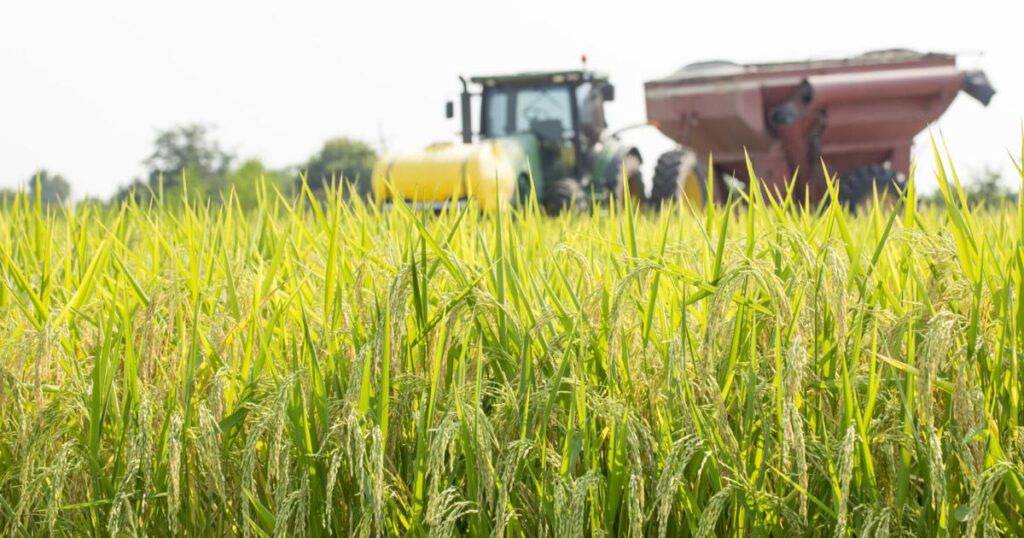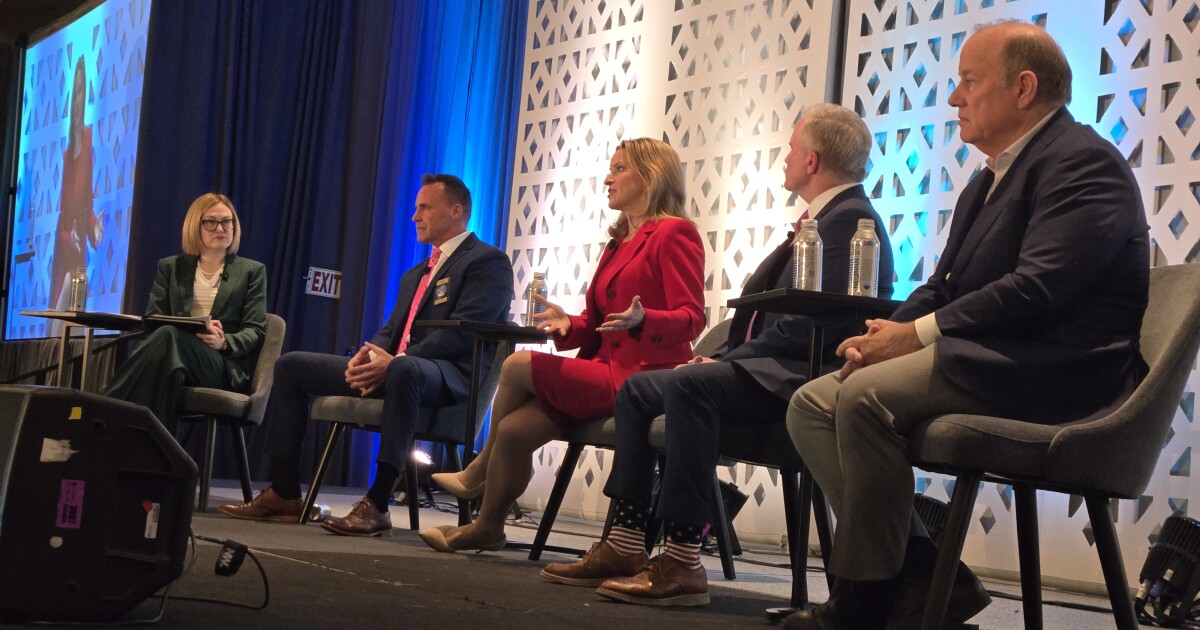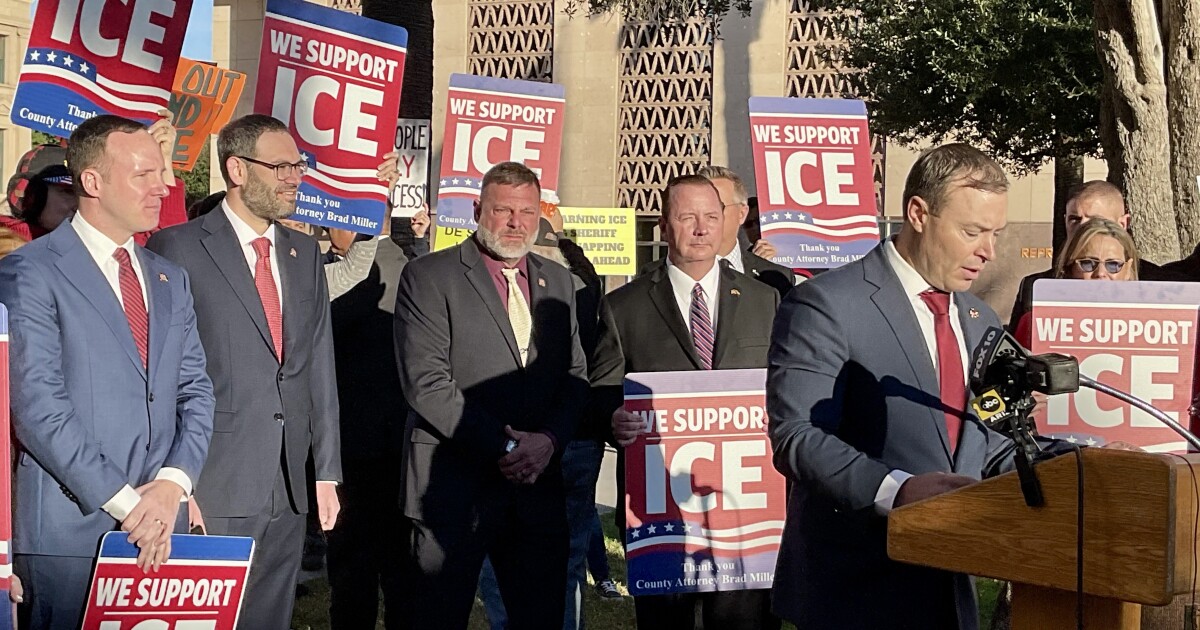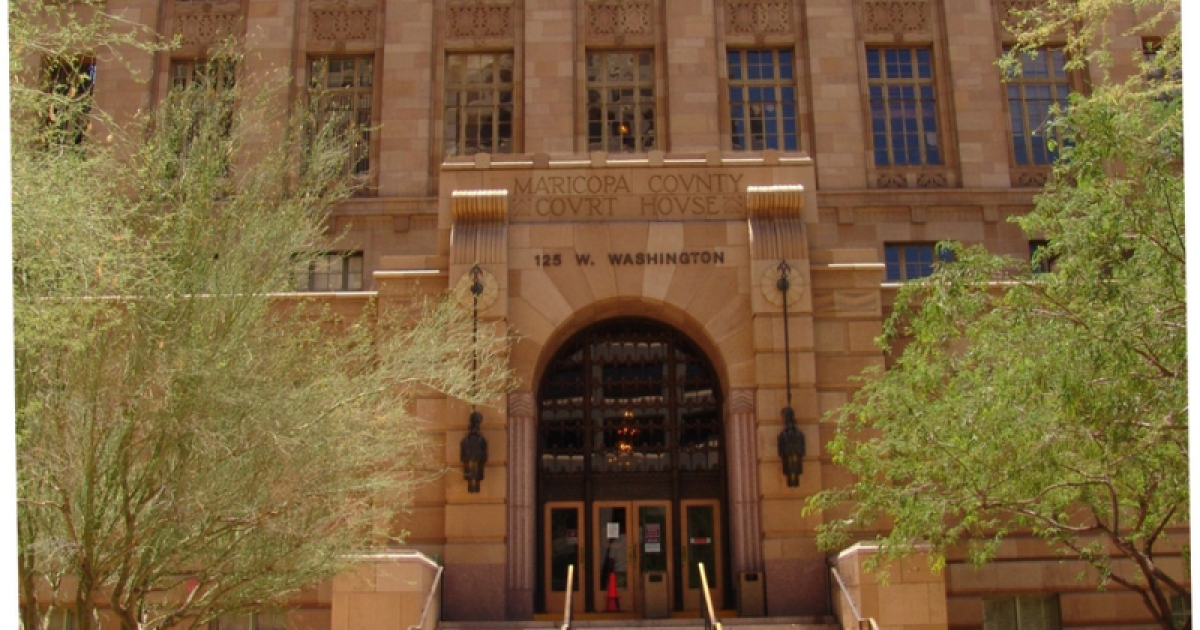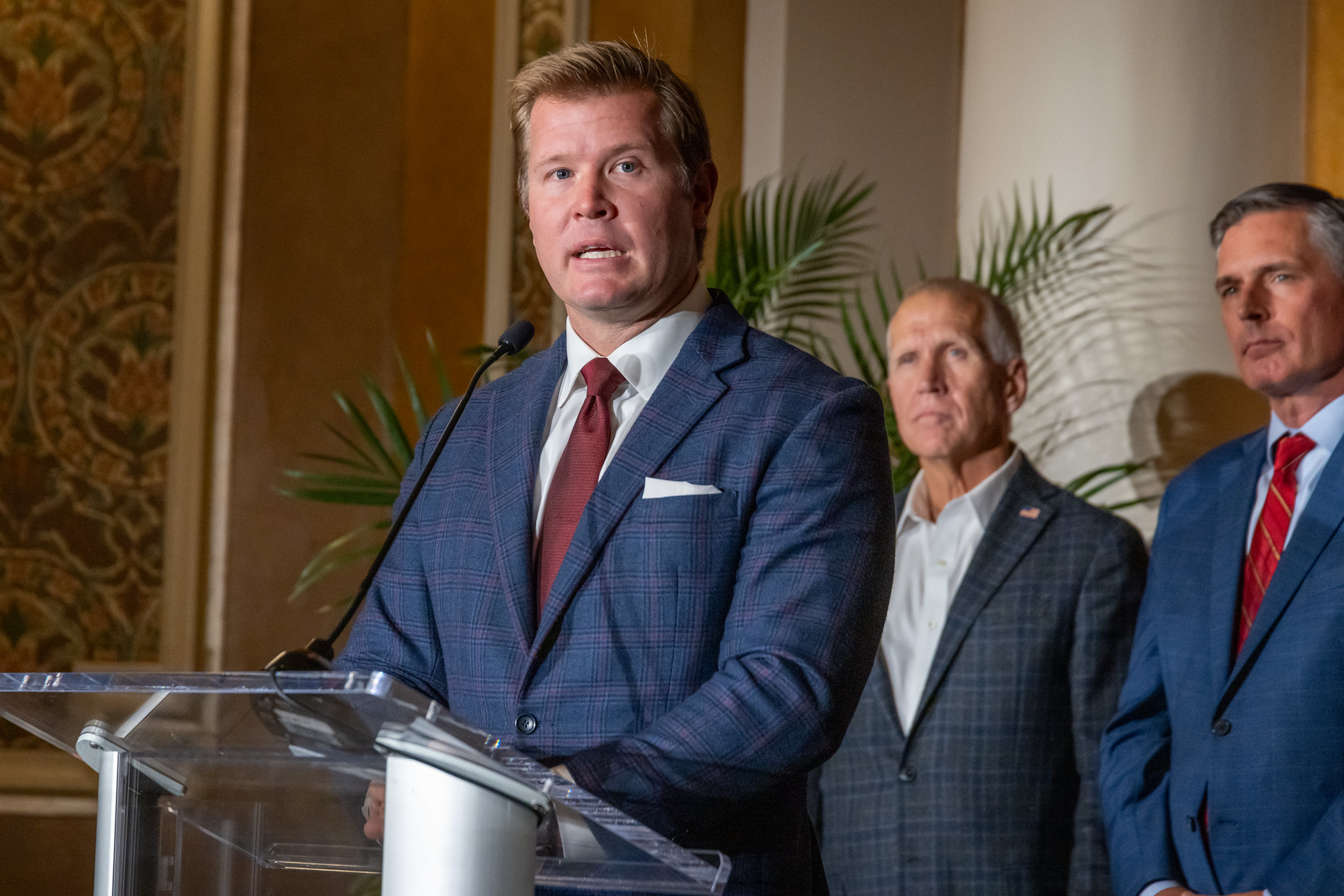The significance of the U.S. Agency of International Development (USAID) in the agriculture sector has often been overlooked at industry gatherings, but recent political shifts are drawing new focus. Michael Fruge, a longtime farmer, has observed that discussions at conferences typically revolve around changing trade dynamics with countries like Mexico and India, “But food aid has just been there,” he noted, emphasizing its constant presence.
Recent actions by President Donald Trump, aimed at dismantling USAID, have brought the agency into the spotlight. The effort, which included cutting thousands of jobs and halting numerous global programs, aligns with a broader freeze on international aid.
In response to opposition, a federal judge recently issued a temporary restraining order to stop the government from reducing USAID’s workforce from 10,000 to under 300 employees. Despite this, the suspension of international aid initiatives, which are crucial for programs providing billions in benefits to U.S. agriculture, remains a pressing issue for farmers in Louisiana.
Louisiana’s rice farms, particularly vital to the Food for Peace and McGovern-Dole programs, export rice globally, including to countries like Haiti and Ukraine, from ports in Houston and New Orleans.
The USA Rice Federation’s Michael Klein stated that food aid represents a major rice purchaser in the country, with USAID acquiring more than $126 million in rice last year due to its high caloric value and long shelf life. Although it’s challenging to pinpoint exact figures for Louisiana’s contributions, its rice exports significantly benefit from such aid programs.
Currently, 75% of Louisiana’s rice farming occurs in specific parishes, making the state a key player in the rice industry. Klein acknowledged the uncertainty surrounding the situation, despite the evident scale of USAID’s impact on local agriculture.
Major rice milling operations in the state have received substantial funding from USAID. While the CFO of Powell Group, which owns Farmers Rice Milling, claims no active contracts, Bobby Hanks of Supreme Rice and other leaders have historically defended the significance of food aid initiatives.
Louisiana’s agriculture representatives, including the Louisiana Farm Bureau Federation, opted not to comment on the developments. However, State Rep. Troy Romero has expressed his commitment to protecting the state’s interests in USAID’s food aid programs.
Romero described some USAID expenditures as potentially problematic for conservatives but expressed optimism about retaining programs essential to Louisiana’s agricultural health.
Highlighting the industry’s dependency on exports, Fruge mentioned that around half of Louisiana and Arkansas’s rice goes abroad, with a small portion linked to food aid initiatives. Any intervention in these exports could negatively influence the market.
Although Fruge sees room for improvement within USAID’s spending, he aligns with those advocating for reducing unnecessary expenditures. Amidst these complex dynamics, Louisiana’s agricultural community remains watchful as potential changes unfold.

